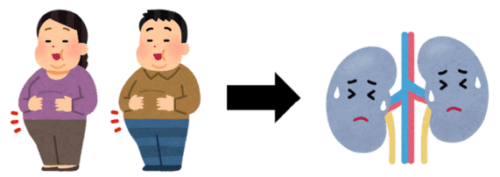2025-04-16 東京科学大学
ChatGPT:
- https://www.isct.ac.jp/ja/news/w3exivg5szob
- https://www.sciencedirect.com/science/article/abs/pii/S0014299925002912?via%3Dihub
マウスモデルで過剰な炎症を抑制するCOVID-19の有望な治療薬イグラチモド Iguratimod, a promising therapeutic agent for COVID-19 that attenuates excessive inflammation in mouse models
Seiya Oba, Tadashi Hosoya, Daisuke Kawata, Yoji Komiya, Hideyuki Iwai, Ryuji Koike, Sho Miyamoto, Takayuki Kanno, Akira Ainai, Tadaki Suzuki, Hideki Hasegawa, Shinsuke Yasuda
European Journal of Pharmacology Available online: 25 March 2025
DOI:https://doi.org/10.1016/j.ejphar.2025.177537
Graphical abstract

Highlights
- An approved anti-rheumatic agent, iguratimod, improved survival in COVID-19 mice.
- Iguratimod attenuated excessive inflammation with little effect on anti-virus immunity.
- Iguratimod had no direct-anti-virus effect on SARS-CoV-2.
Abstract
In severe COVID-19 patients, excessive inflammation can lead to multiorgan dysfunction. Current anti-inflammatory treatments like glucocorticoids partially improve the outcomes, while immune systems are compromised. We have identified that SARS-CoV-2-infected obese mice were a good model of the cytokine storm seen in COVID-19. Here, we revealed that iguratimod (IGU), an approved agent for rheumatoid arthritis, improved survival by attenuating inflammation with minimal immune suppression.
In this study, C57BL/6 mice were fed a high-fat diet (HFD) or a normal-fat diet (NFD) for ten weeks before being infected with a mouse-adapted SARS-CoV-2. IGU significantly improved survival rates and reduced lung inflammation in HFD-fed mice, with minimal impact on interferon-induced genes and viral load. Meanwhile, dexamethasone (DEX) did not improve survival, while it suppressed various immune reactions with different mechanisms to IGU. Interestingly, IGU-treated mice had fewer SARS-CoV-2 positive cells in the lung, although viral replication was comparable to the control mice. Neither IGU nor DEX inhibited the SARS-CoV-2 infection in Vero-E6 cells, unlike the antiviral agent, remdesivir. Of note, IGU was effective prophylactically and therapeutically in HFD mice, and showed beneficial effects in NFD-fed mice with a lethal dose exposure of SARS-CoV-2.
We demonstrated that IGU could be a promising treatment for severe COVID-19, especially in obese patients, by fine-tuning inflammation without compromising antiviral immunity. This study supports the possibility of drug repositioning for IGU COVID-19 beyond autoimmune diseases.

